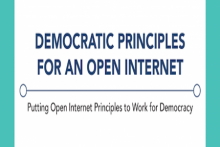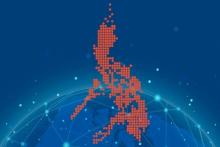HOW TECH COMMUNITIES CAN CONTRIBUTE TO SHAPING THE INTERNET WE WANT
Being experts in the design and use of internet platforms, tech communities can provide valuable insights for policymakers on the development of the internet. By playing this type of advisory role, diverse stakeholders play a role in accountability so that decision-makers can create optimal solutions to global internet-related issues.



